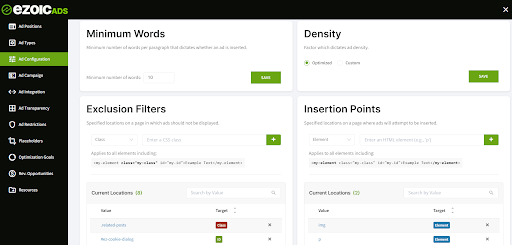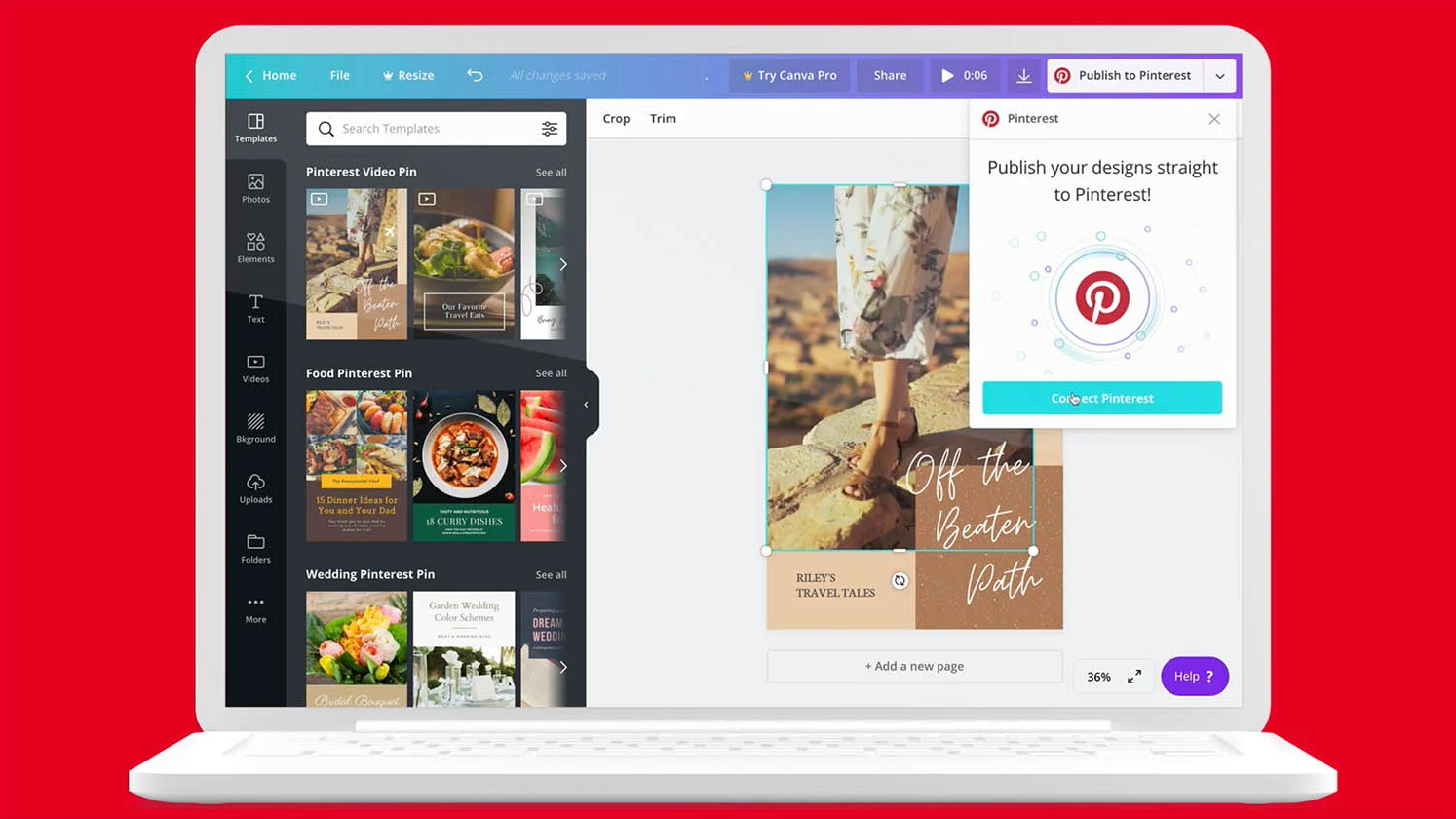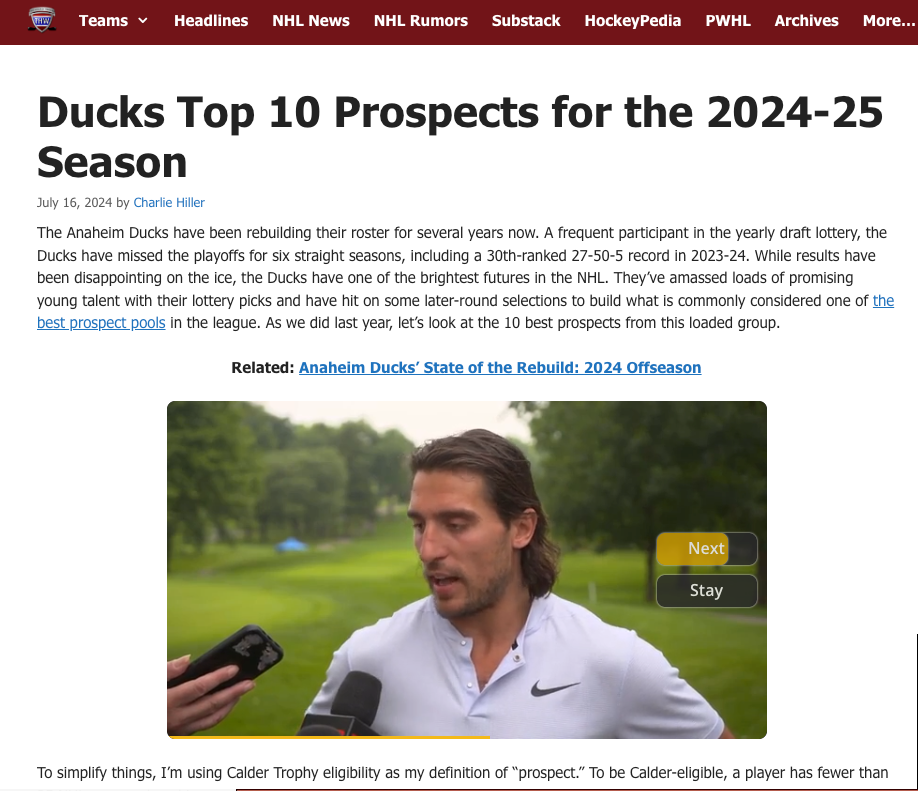Maximizing Summer Site Performance for Q4 Success

The summer months provide a golden opportunity to optimize your website for a successful Q4. In a recent webinar, Iona Lofrano, who leads the Publisher Success Team at Ezoic, shared invaluable strategies to optimize your site for a high-earning Q4. This article will delve into the main themes discussed by Iona, offering detailed, actionable advice on ad setup, traffic source diversification, and video strategy.
1\. Optimizing Ad Setup
Understanding Ad Placement and Density
One of the first steps to improving site performance is optimizing your ad setup. Iona emphasizes the importance of strategic ad placement and density.
To ensure an optimal ad setup, publishers should start by focusing on the technical aspects of ad insertion and site performance. One critical step is leveraging advanced tools and features designed to streamline ad placement and maintain site speed. The goal is to maintain a fast, user-friendly experience that improves both engagement metrics and earnings.
- **Ad Sizes**: It's essential for publishers to enable a variety of ad sizes to capture the full spectrum of available advertising opportunities. Limiting the number of ad sizes can restrict revenue potential, as different advertisers have specific size preferences for their campaigns. By enabling a broad range of ad sizes, publishers can cater to diverse advertiser needs and maximize earnings.
- **Ad Density**: Publishers need to tailor ad density to their specific content type. For example, sites with long-form blog content may handle ads every few paragraphs, while list-based content might require a different approach to avoid overloading users. Utilizing a density scale allows publishers to adjust ad placement settings based on their content structure and user preferences. This customization ensures a balanced distribution of ads, enhancing the overall user experience and maximizing revenue potential.
- **Ad Placement:** Utilize exclusion filters to prevent ads from appearing in inappropriate or undesirable locations on their site. For instance, ads should not disrupt the aesthetic of key site areas such as author boxes or homepage tiles. By setting exclusion filters in the ad configuration tool, publishers can maintain a clean and professional appearance while still benefiting from ad revenue.

2\. Diversifying Traffic Sources
Relying on a single traffic source can be risky. Diversifying your traffic sources can help stabilize your site performance and increase resilience. Iona shares several strategies:
Leveraging Pinterest
Pinterest is a visual discovery engine that excels in niches like home improvement, cooking, beauty, and more. Here’s how you can maximize its potential:
- **Frequent Posting**: Post 3 to 4 times daily to keep your content fresh and engaging, as Pinterest’s algorithm favors new and updated pins.
- **Visual Appeal**: Use tools like Canva to create eye-catching images. Good visuals attract clicks and direct traffic to your website.
- **Brand Building**: Create a business account and organize your pins into relevant boards. For example, a baking site could have boards for cookies, cakes, brownies, and bread recipes.
- **Niche Testing**: Even if your site doesn't fit into traditional Pinterest categories, test it out. The platform is expanding, and many users search for a wide range of topics.

[_Image source_](https://www.canva.com/newsroom/news/canva-becomes-a-pinterest-partner/ "https://www.canva.com/newsroom/news/canva-becomes-a-pinterest-partner/")
Maximizing Facebook Engagement
Facebook is all about building a community and fostering engagement. Here are key strategies to succeed:
- **Understand Peak Engagement Times**: Identify when your audience is most active. For instance, lunchtime and post-work hours are typically high-engagement periods.
- **Scheduled Posting**: Use scheduling tools to automate your posts. This allows you to maintain a consistent posting schedule without daily manual updates.
- **Content Variety**: Experiment with different types of posts such as videos, polls, questions, and images. Monitor engagement metrics to see what resonates with your audience.
- **High-Quality Content**: Focus on creating engaging posts that get immediate likes and shares to boost visibility through Facebook’s algorithm.
[Check out our case study](https://www.ezoic.com/posts/live-case-study-reclaim-lost-traffic-using-facebook-and-your-existing-content/ "https://www.ezoic.com/posts/live-case-study-reclaim-lost-traffic-using-facebook-and-your-existing-content/") to learn how this Ezoic publisher used Facebook increase their site traffic by 70%.
Email Marketing
Email marketing remains a highly effective way to drive traffic. Key strategies include:
- **Building a List**: Grow your email list by offering valuable incentives, such as exclusive content or discounts.
- **Segmentation**: Segment your email list based on user behavior and preferences to deliver personalized content.
- **Automation**: Use email automation to send timely, relevant messages that drive traffic back to your site.
3\. Enhancing Video Strategy
Video content is increasingly popular and can significantly boost site performance. Publishers should start creating video content now to allow time for indexing and ranking in search engine results. Iona highlights several ways to enhance your video strategy:
Creating Engaging Video Content
Focus on creating videos that resonate with your audience. Consider:
- **Content Types**: Experiment with different types of videos, such as tutorials, interviews, and behind-the-scenes footage.
- **Content Alignment:** Ensure your videos align with your existing high-ranking content. This dual approach can enhance your site’s search engine presence.
- **Storytelling**: Use storytelling techniques to make your videos more engaging and memorable.
Optimizing Video Placement
Strategic video placement can increase engagement and ad revenue. Iona recommends:
- **In-Content Videos**: Embed videos within your articles to keep users engaged and on your site longer.
- **Video Ads**: Use pre-roll, mid-roll, and post-roll ads to monetize your video content effectively.

Leveraging Video Platforms
Distribute your videos across multiple platforms to reach a wider audience. Key platforms include:
- **Humix Video Network:** Create your own channel and reach audiences across the [Humix Network,](https://humix.com/ "https://humix.com/") in search engines, and earn revenue wherever your videos appear.
- **YouTube**: Optimize your videos for YouTube by using relevant keywords, engaging thumbnails, and detailed descriptions.
- **Social Media**: Share your videos on social media platforms to increase visibility and drive traffic back to your site.
Conclusion
By focusing on ad setup, traffic source diversification, and video strategy, you can turn the summer slowdown into a period of growth and preparation for a successful Q4. Implementing these strategies, as shared by Iona, can help you optimize your site performance, increase revenue, and build a more resilient online presence. Start making these changes today to set yourself up for success in the coming months.

